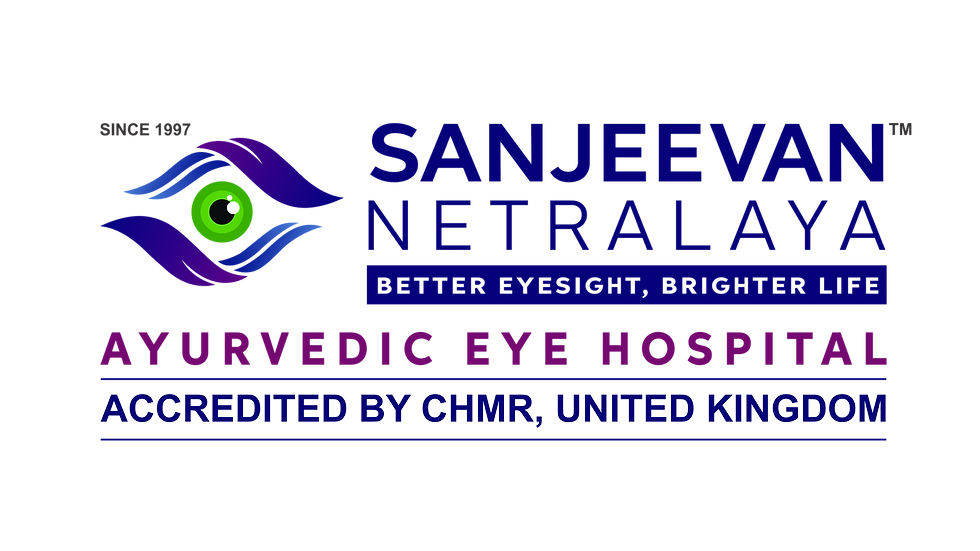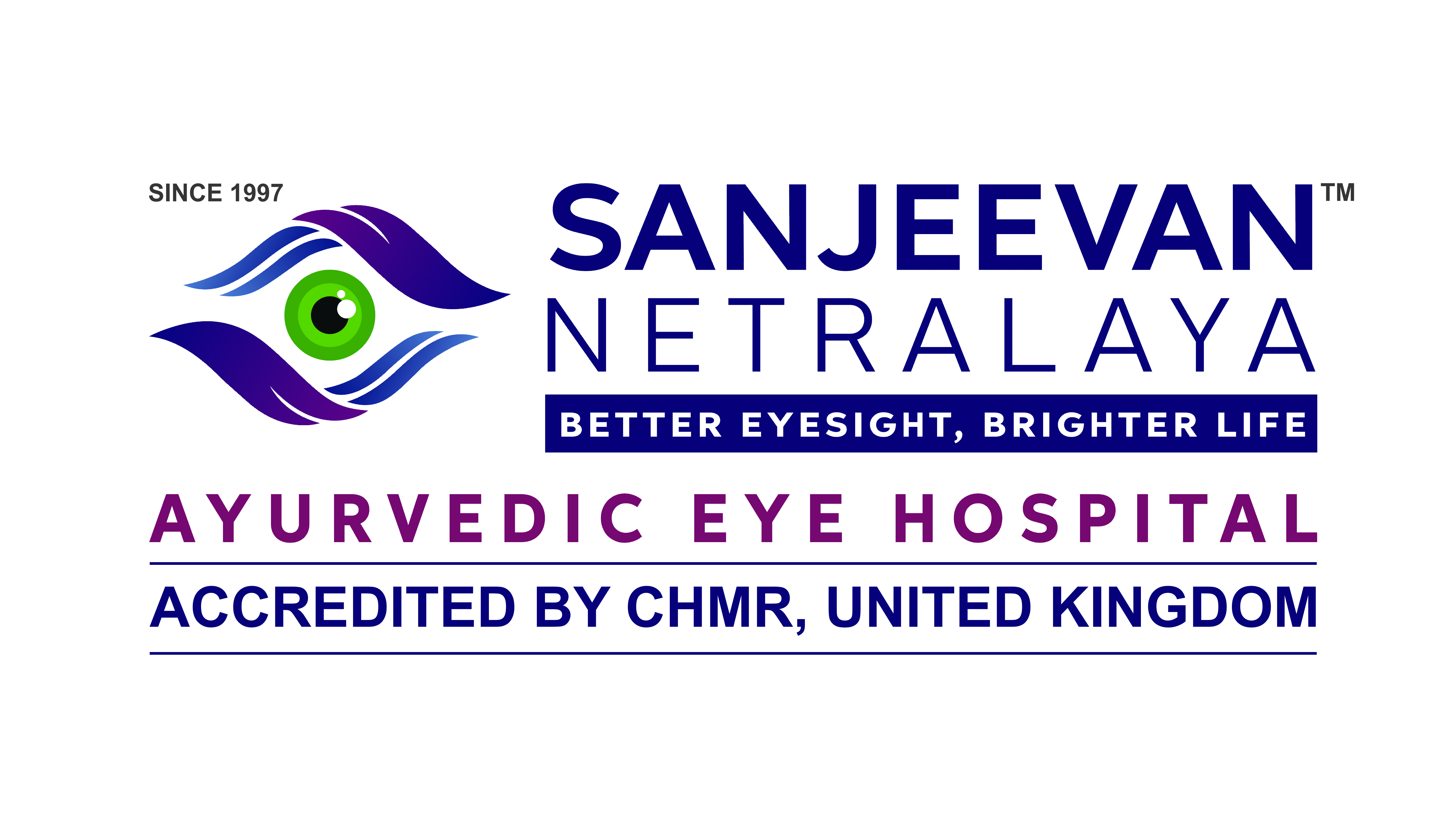- Hiren Suryawanshi
- Aug 14, 2024
- 2 min read
Updated: Sep 26, 2024

What is Central Serous Retinopathy?
Central serous retinopathy is a condition where fluid accumulates behind the retina, the light-sensitive layer at the back of your eye. This fluid buildup can cause the retina to detach, leading to vision problems or even vision loss.
The retina's primary function is to detect light and convert it into images that the brain can interpret. This condition is also known as central serous chorioretinopathy.
Who is at Risk of Central Serous Retinopathy?
While central serous retinopathy can affect anyone, it is more commonly seen in:
- Middle-aged men and individuals assigned male at birth (AMAB).
- People with myopia (nearsightedness).
- Those taking certain medications, particularly corticosteroids.

How Common is Central Serous Retinopathy?
Central serous retinopathy occurs in approximately 6 to 10 out of every 100,000 people, depending on assigned sex and other risk factors.
Symptoms and Causes of Central Serous Retinopathy:
The exact cause of central serous retinopathy is not fully understood, but stress is believed to play a significant role. Stress triggers the release of cortisol, a hormone that can lead to inflammation and fluid leakage. Research indicates that individuals with high stress levels and poor coping mechanisms are at an increased risk for developing this condition.
Additional risk factors include:
- Autoimmune diseases, such as lupus and rheumatoid arthritis.
- Cardiovascular diseases or high blood pressure.
- Infection with Helicobacter pylori bacteria.
- Kidney diseases, like glomerulonephritis.
- Pregnancy.
- Sleep disorders, such as sleep apnea and insomnia.
- Use of certain medications, particularly those for nasal congestion and erectile dysfunction.

What are the Symptoms of Central Serous Retinopathy?
Central serous retinopathy can affect one or both eyes simultaneously. Symptoms may include:
- Blurry vision, resembling a smudge in the centre of your sight.
- A dark spot in the centre of your vision.
- Dimmer or darker vision.
- White objects appearing dull or slightly brown.
- Objects seeming smaller or further away than they actually are.
- Straight lines appearing crooked or bent.
At Sanjeevan Netralaya Ayurvedic Eye Hospital, Central serous retinopathy is treated with great success.
Central Serous Chorioretinopathy (CSCR) Ayurvedic Treatment at Sanjeevan Netralaya Ayurvedic Eye Hospital
Central Serous Chorioretinopathy (CSCR) is a condition characterized by fluid accumulation beneath the retina, leading to vision distortion and loss. At Sanjeevan Netralaya Ayurvedic Eye Hospital, we provide comprehensive Central Serous Chorioretinopathy (CSCR) Ayurvedic Treatment designed to address both the symptoms and underlying causes of this condition.
Our CSCR Ayurvedic Treatment employs a holistic approach to restore and enhance retinal health. By utilizing traditional Ayurvedic remedies, we aim to reduce fluid accumulation, improve retinal function, and promote overall eye health. Unlike conventional treatments that may offer only symptomatic relief, our approach focuses on achieving long-term results by addressing the root causes of CSCR.
At Sanjeevan Netralaya, our expert Ayurvedic practitioners tailor the CSCR Ayurvedic Treatment to meet each patient’s unique needs. We combine time-tested Ayurvedic therapies with modern techniques to deliver effective results, ensuring a personalized approach to your eye care.
For those seeking a natural and effective solution for Central Serous Chorioretinopathy, Sanjeevan Netralaya Ayurvedic Eye Hospital offers the specialized CSCR Ayurvedic Treatment you need. Contact us today to discover how our unique treatment methods can help improve and restore your vision.

